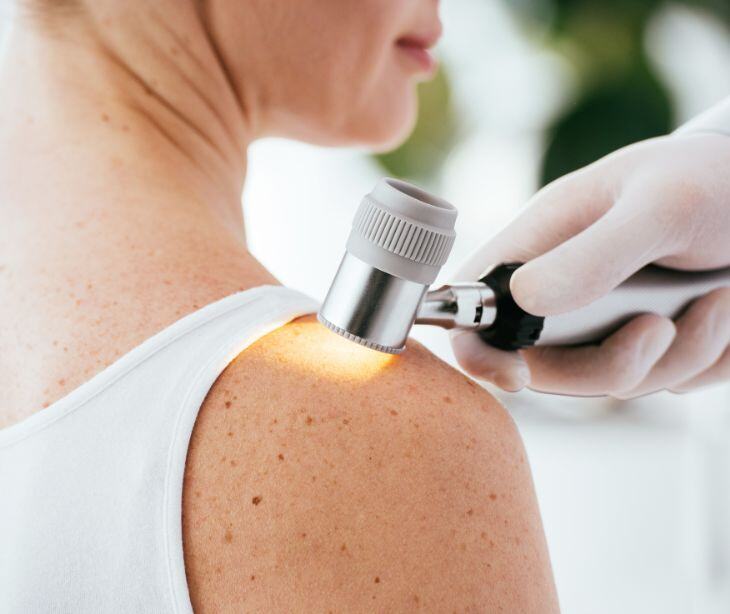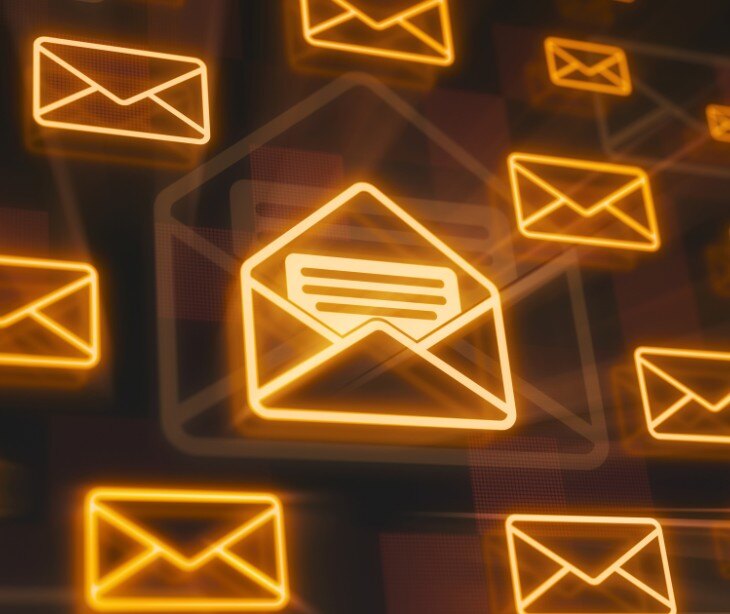2 min read
How HIPAA compliant email improves the dermatology treatment process
Kirsten Peremore
June 19, 2024

For dermatologists, HIPAA compliant email can allow them to freely exchange vital information with patients and other healthcare providers without risking privacy breaches. Patients on the other hand benefit from being able to send their information ahead of their visits, allowing the dermatologist to prepare more effectively.
Why email makes the dermatological consultation process easier
A big inefficiency that often crops up before the dermatological consultation even begins is the collection and review of necessary medical history and current skin concerns. This process traditionally eats into the actual consultation time, leaving less room for in-depth discussion and examination. To tackle this, enhanced pre-appointment communication via email has become an invaluable tool.
By allowing patients to email their medical history, photographs of skin issues, and a list of their symptoms beforehand, dermatologists can review this information at their leisure. This preparation means the consultation can focus solely on diagnosis and treatment rather than on data gathering. Email is particularly effective for this purpose because it's secure, easy to use, and accessible, providing a direct and efficient channel of communication.
See also: Top dermatology influencers on Youtube
Other ways email can be applied
A Journal of Dermatology study published during the rise of telemedicine and electronic communication within the field of dermatology, “Many processes and transactions are carried out through the Internet in daily life and it substantially contributes to the comfort of life. Doctors also communicate with each other by this means and realize teleconsultations.”
While email is a useful tool in the preappointment process, HIPAA compliant email has a host of other uses in any dermatology practice.
A few of these these include:
- Appointment confirmations and reminders can be sent to patients through email.
- Post-consultation care instructions and follow-up plans can be emailed to patients.
- Email can facilitate secure communication between dermatologists and other healthcare providers regarding patient care.
- Patients can use email to ask follow-up questions or report concerns after their visit.
- Dermatologists can use email to send links to educational resources that help patients understand their conditions and treatments.
Best practices
- Use secure email services: Use a secure, HIPAA compliant email service to protect patient information and avoid data breaches. This includes using encryption, secure access controls, and regular audits.
- Streamline pre-visit information gathering: Encourage patients to use email to send their medical history, current symptoms, and any relevant photographs ahead of their appointments. This allows dermatologists to prepare more thoroughly for consultations.
- Automate appointment reminders: Implement automated email reminders to reduce no-shows and last-minute cancellations. These reminders can also include preparation instructions specific to the type of consultation or treatment scheduled.
- Educate patients: Use email to send educational materials and post-treatment care instructions. This can include information on skin care routines, medication usage, and what to expect during the healing process.
- Enhance follow-up care: Set up a protocol for follow-up emails to check on patients’ progress post-treatment. This can help in early detection of any complications and reinforce patient adherence to treatment plans.
- Optimize prescription management: Coordinate with pharmacies to use email for efficient prescription management. This includes sending refill requests and receiving confirmation of prescription processing.
See also: Top 12 HIPAA compliant email services
FAQs
Why is email preferred over phone calls for some dermatological communications?
Email is preferred because it allows for detailed, documented communication that can be reviewed and referenced later.
Is consent necessary when communicating during the preappointment stage?
Yes, explicit consent must be obtained from patients for email communication, especially for transmitting health information.
Can an email service receive an accreditation proving that it is HIPAA compliant?
No, there is no official HIPAA certification for email services.
Subscribe to Paubox Weekly
Every Friday we'll bring you the most important news from Paubox. Our aim is to make you smarter, faster.




